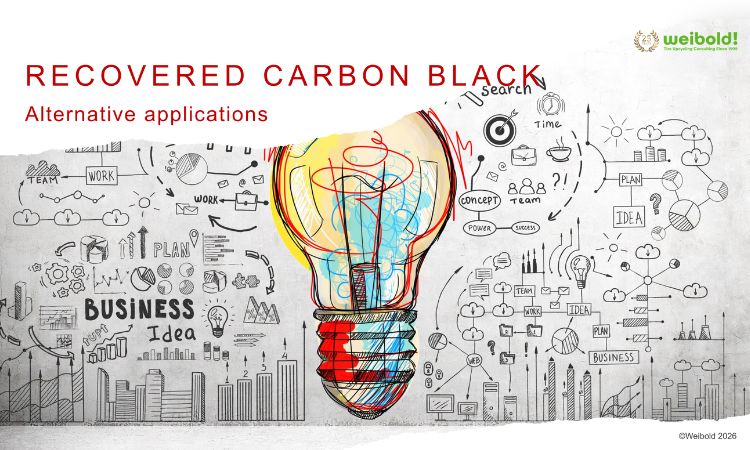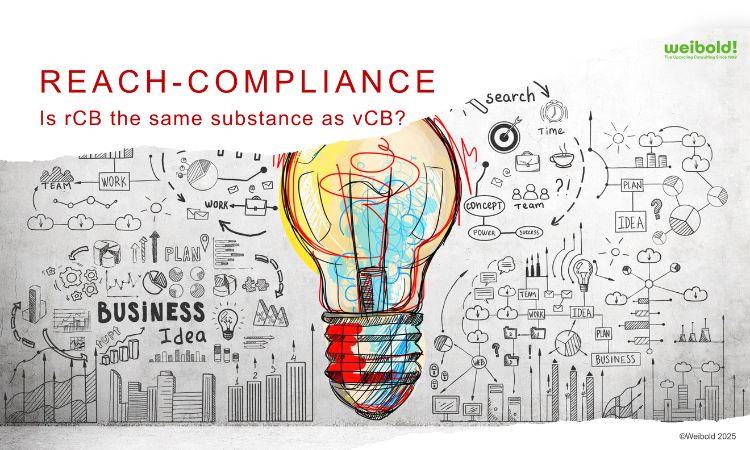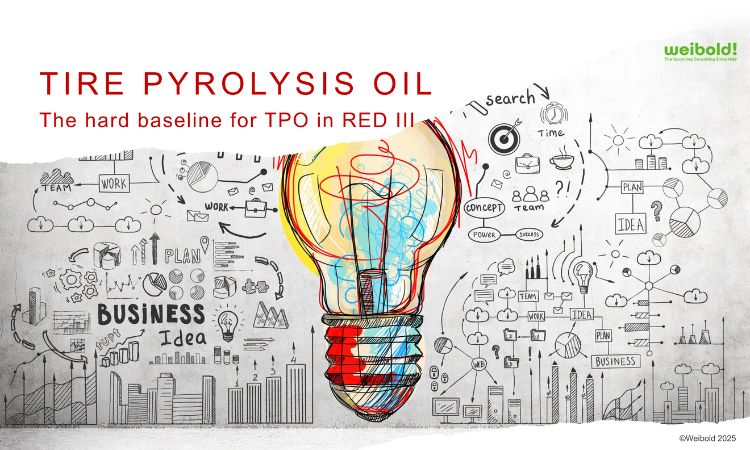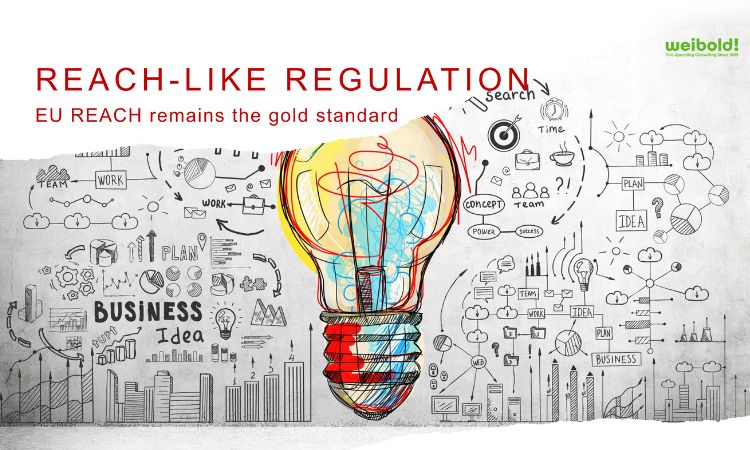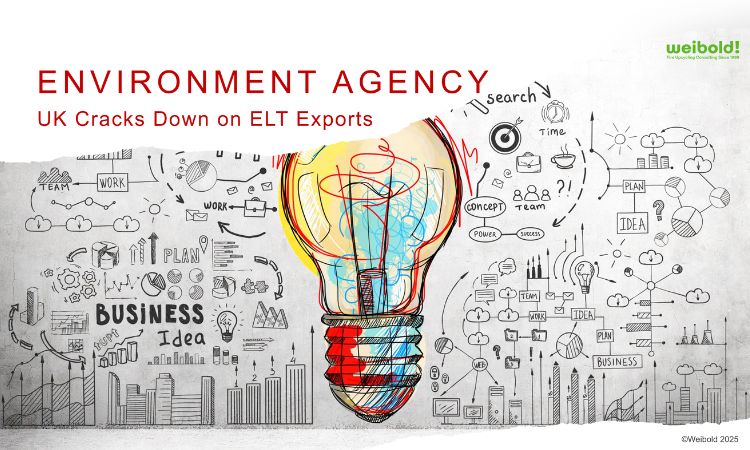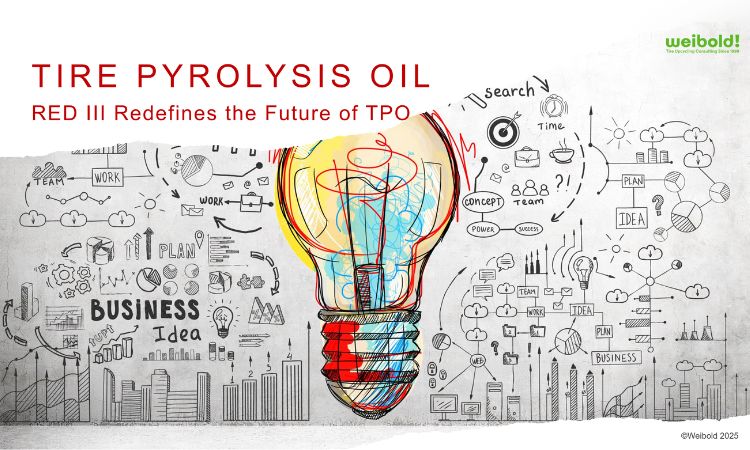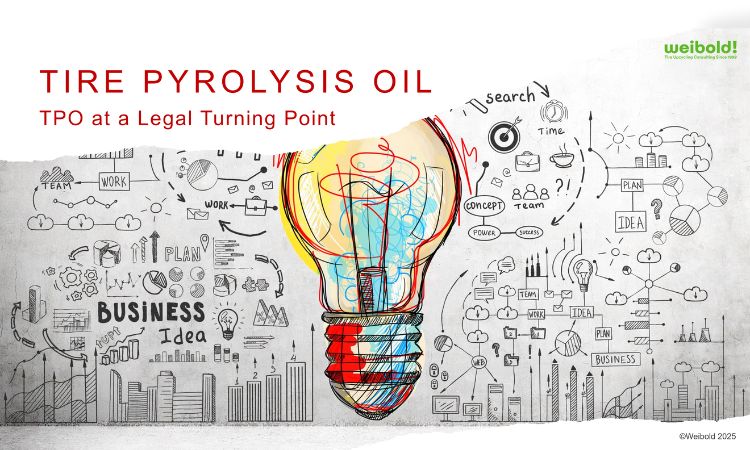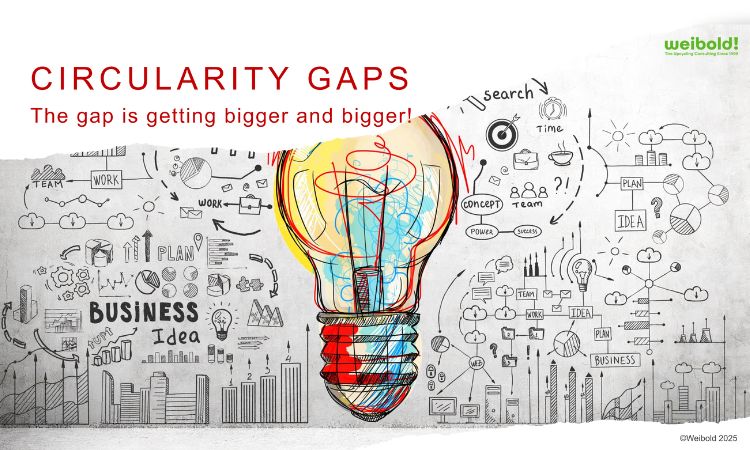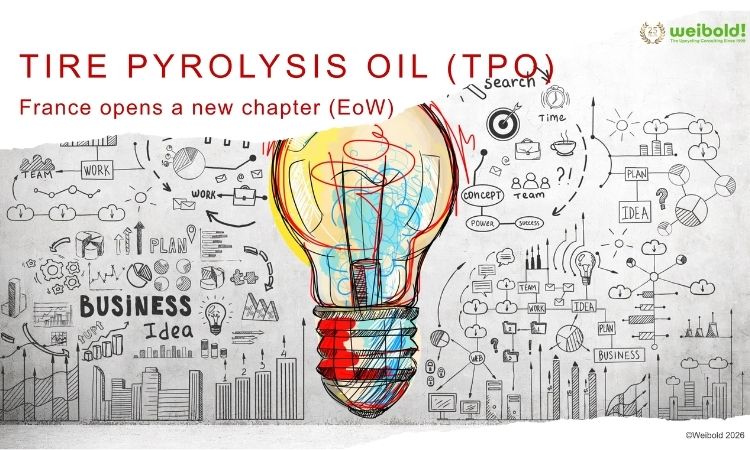
Weibold Academy: France opens a new chapter for tire pyrolysis oil in Europe
For more than a decade, the European tire pyrolysis sector has lived with a paradox. Technically, pyrolysis (or pyrolysis) of end-of-life tires (ELTs) has demonstrated its ability to recover valuable hydrocarbons and return them to the chemical value chain. Legally, however, the main product – tire pyrolysis oil (TPO) – often remained burdened with the classification of “waste,” even when it was demonstrably used as a substitute for fossil feedstocks in petrochemical applications. This legal ambiguity has been one of the central barriers to industrial scale-up, financing, and long-term offtake agreements.



